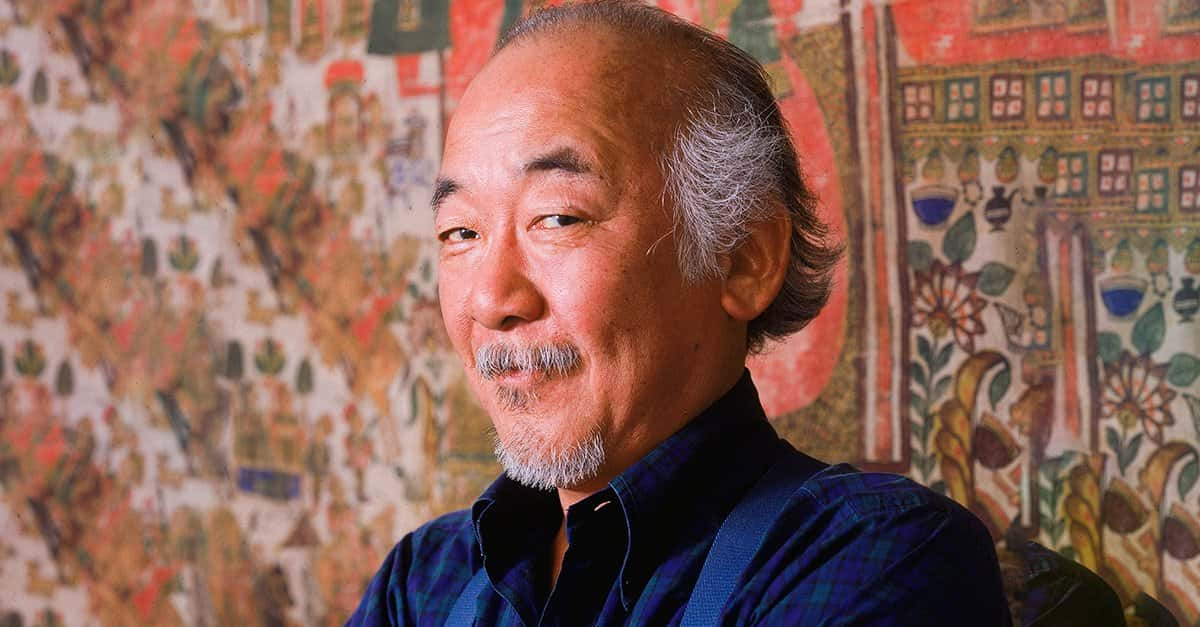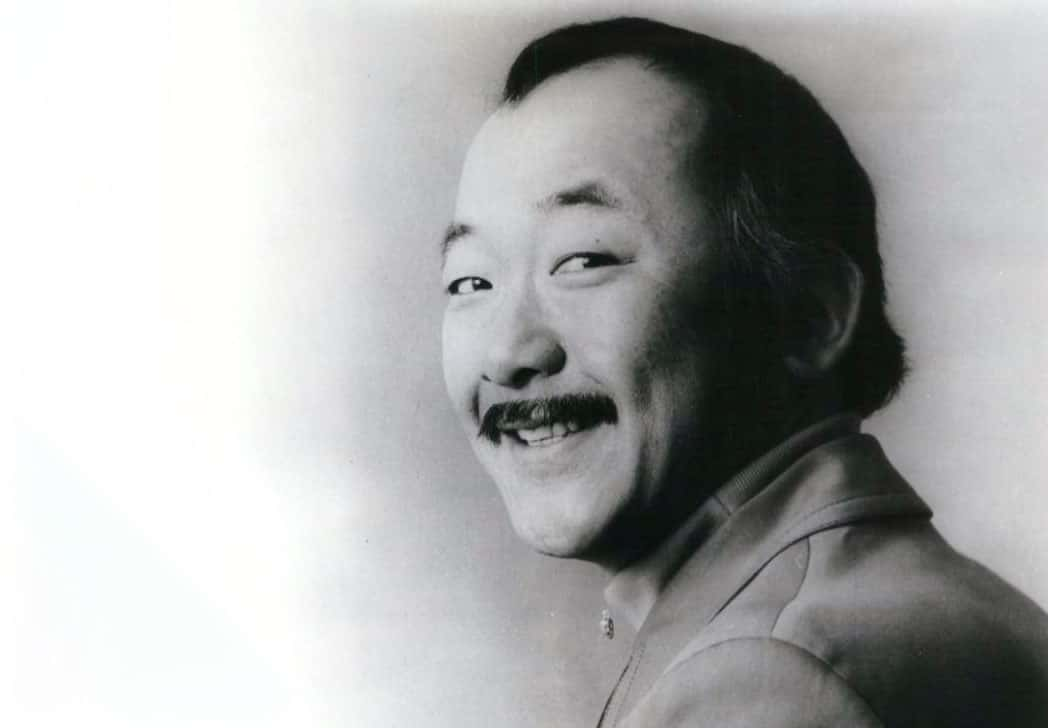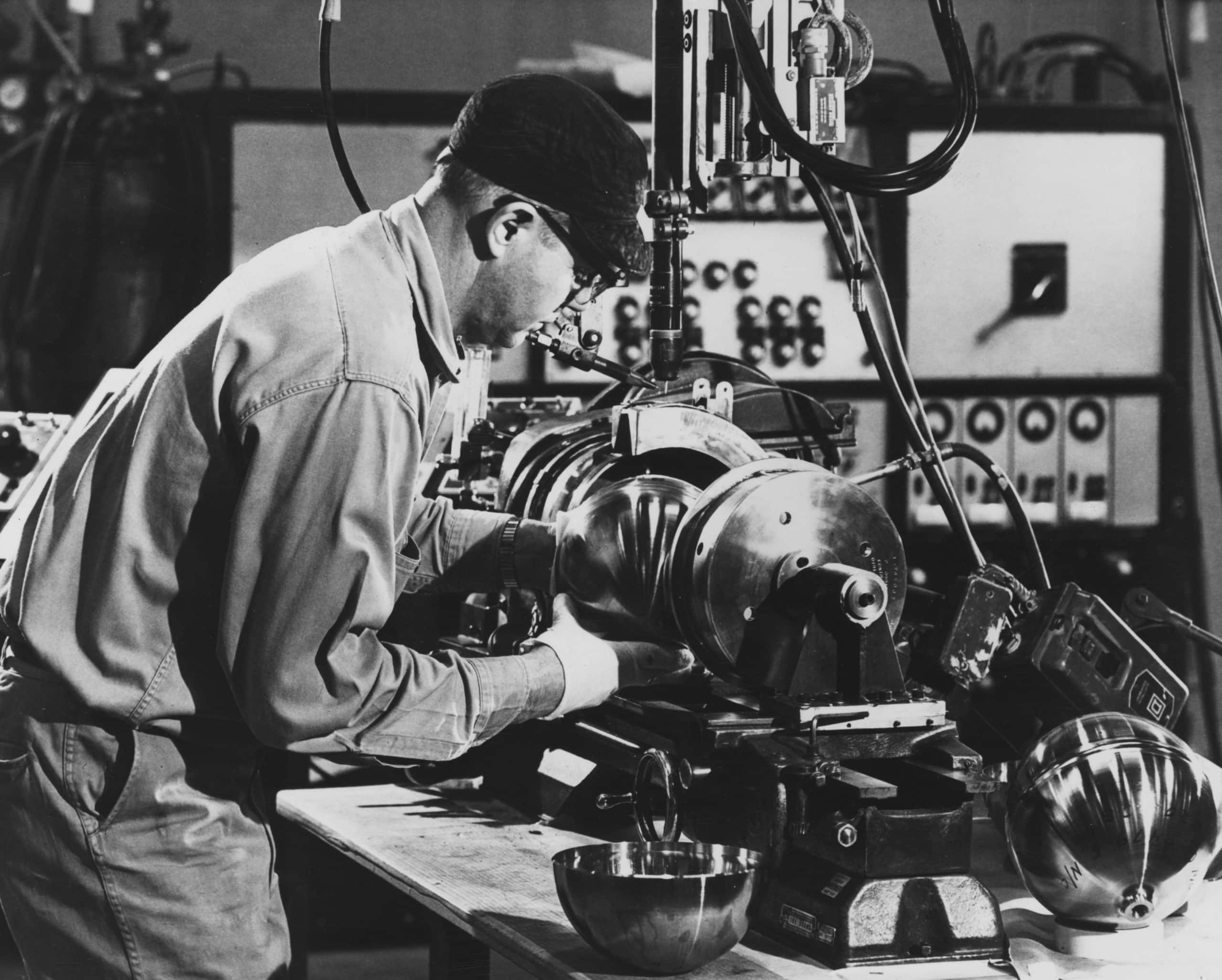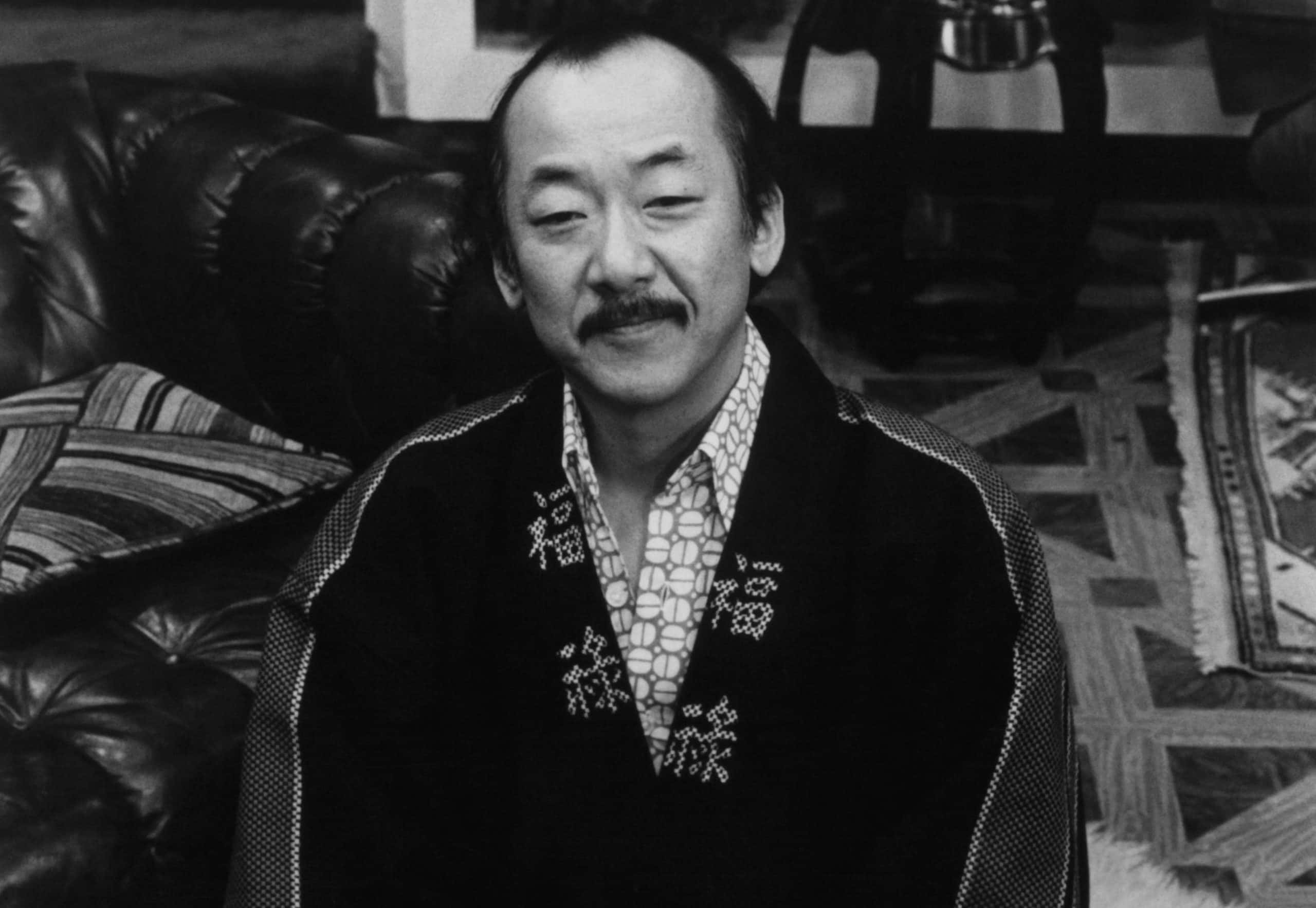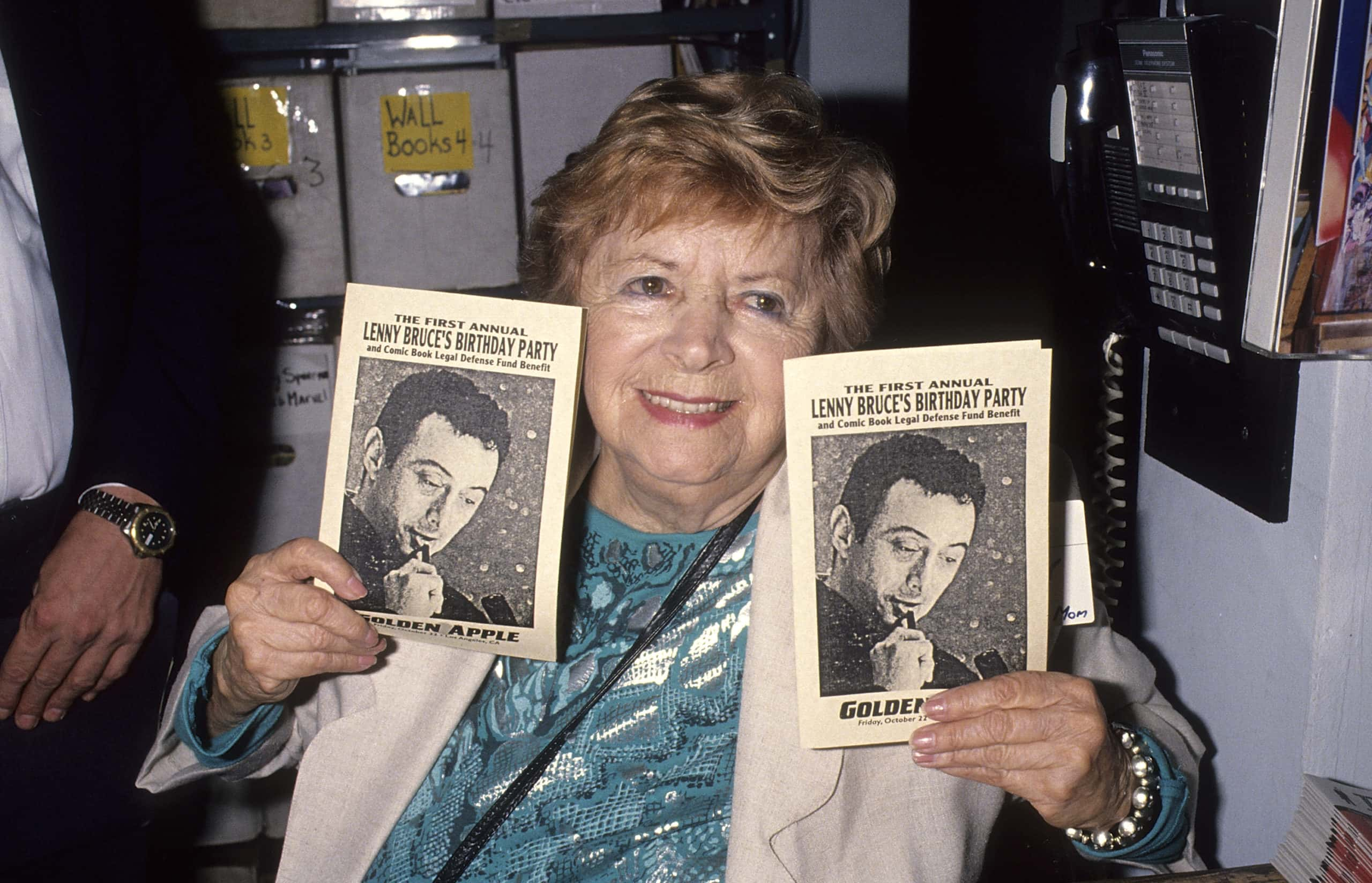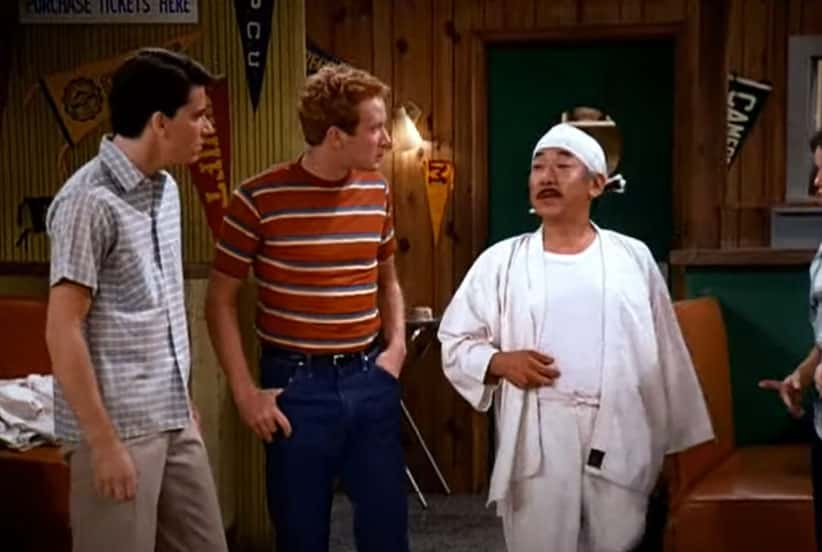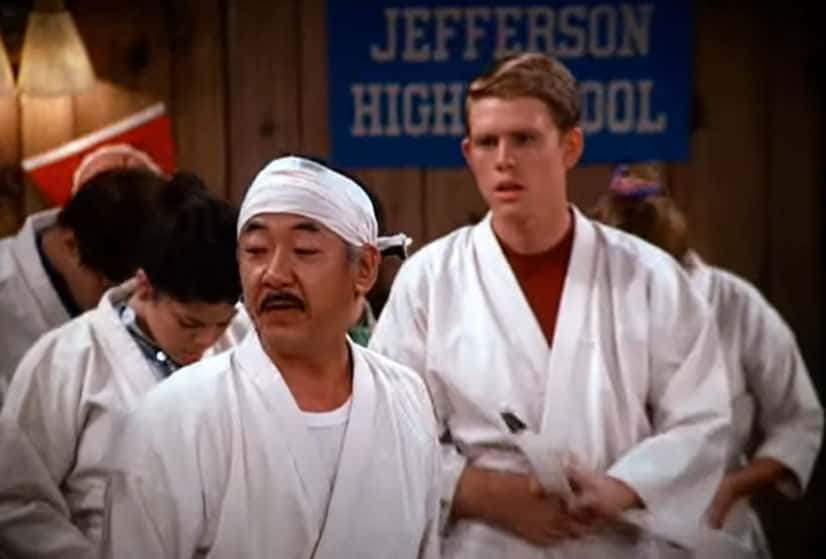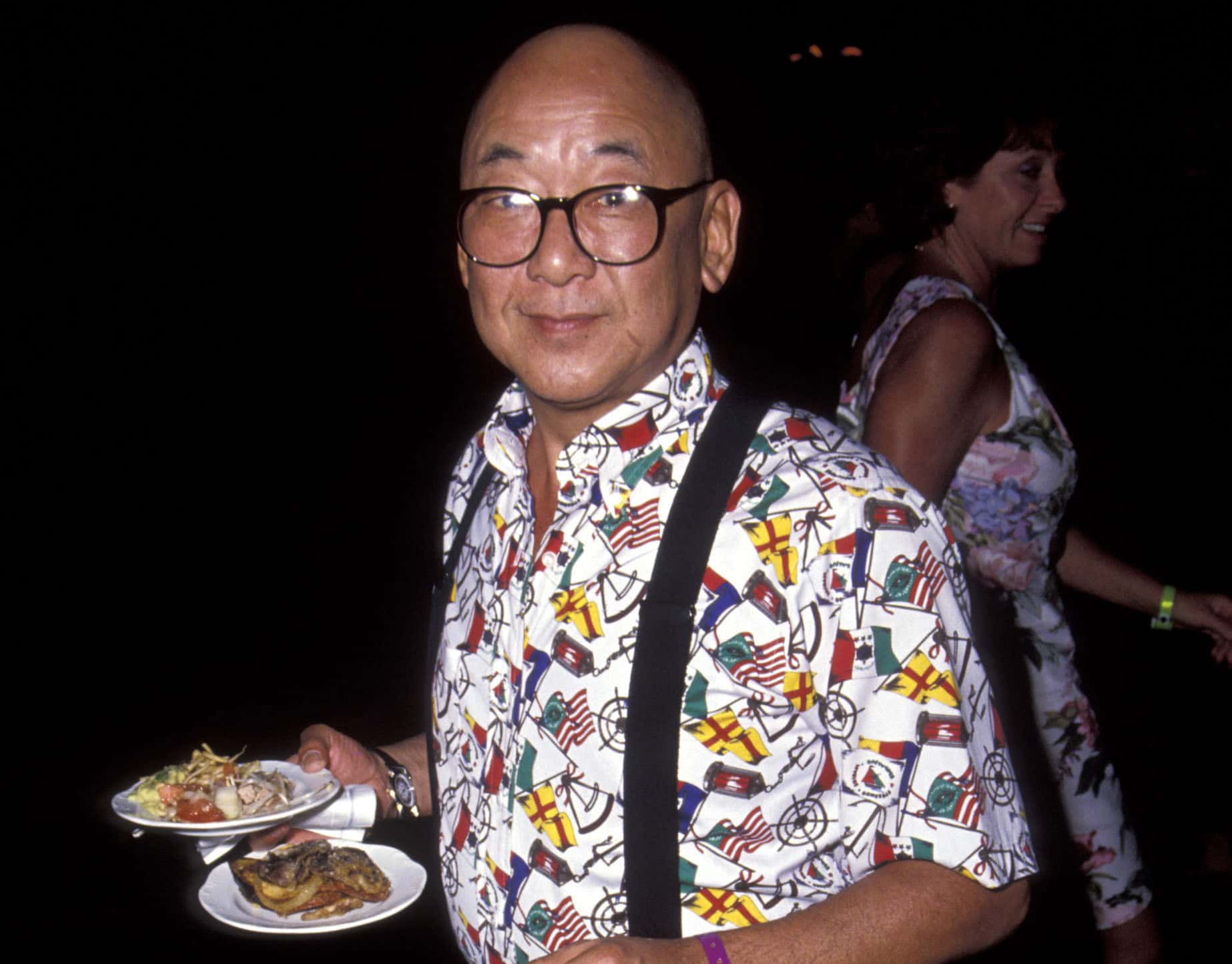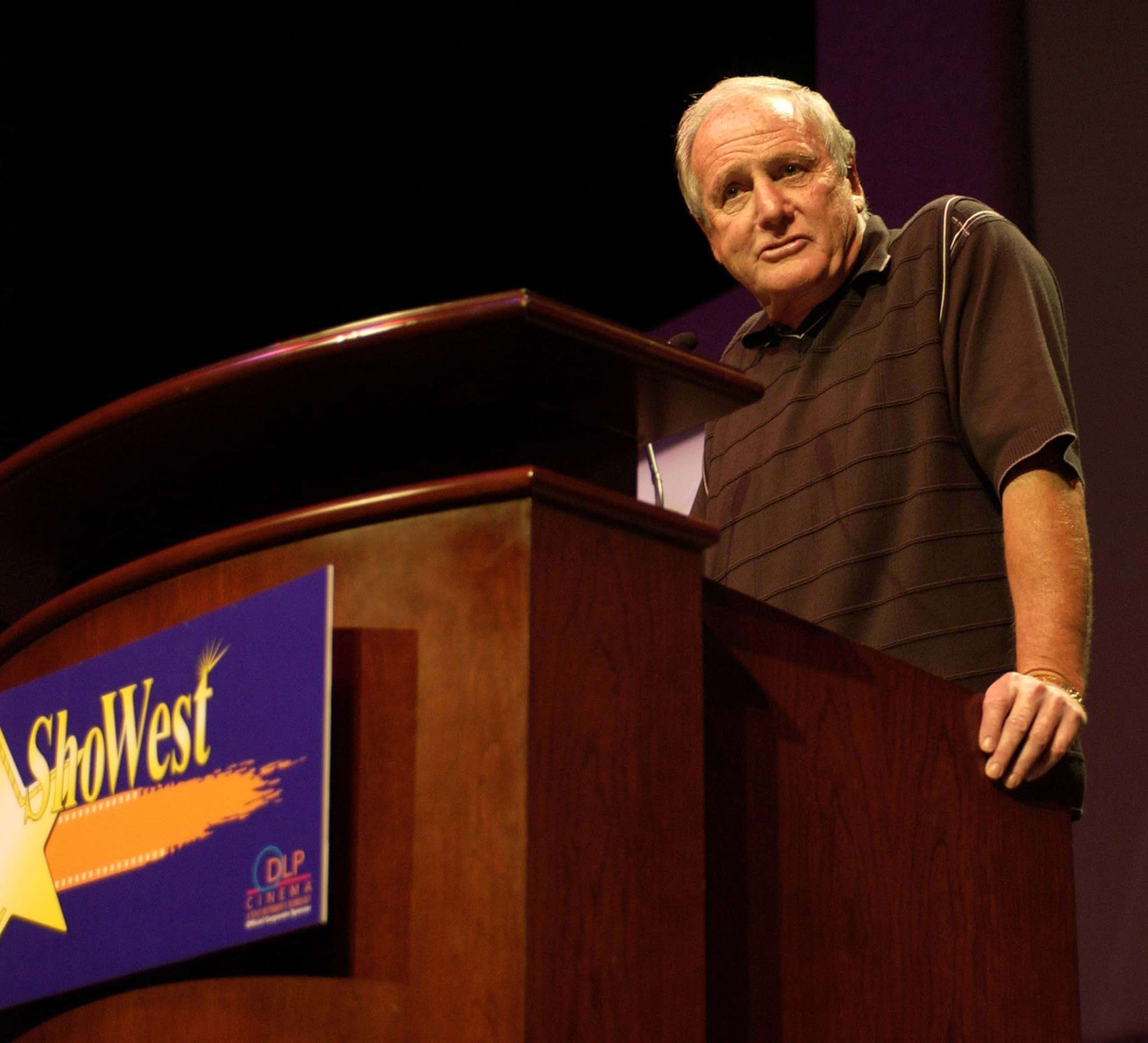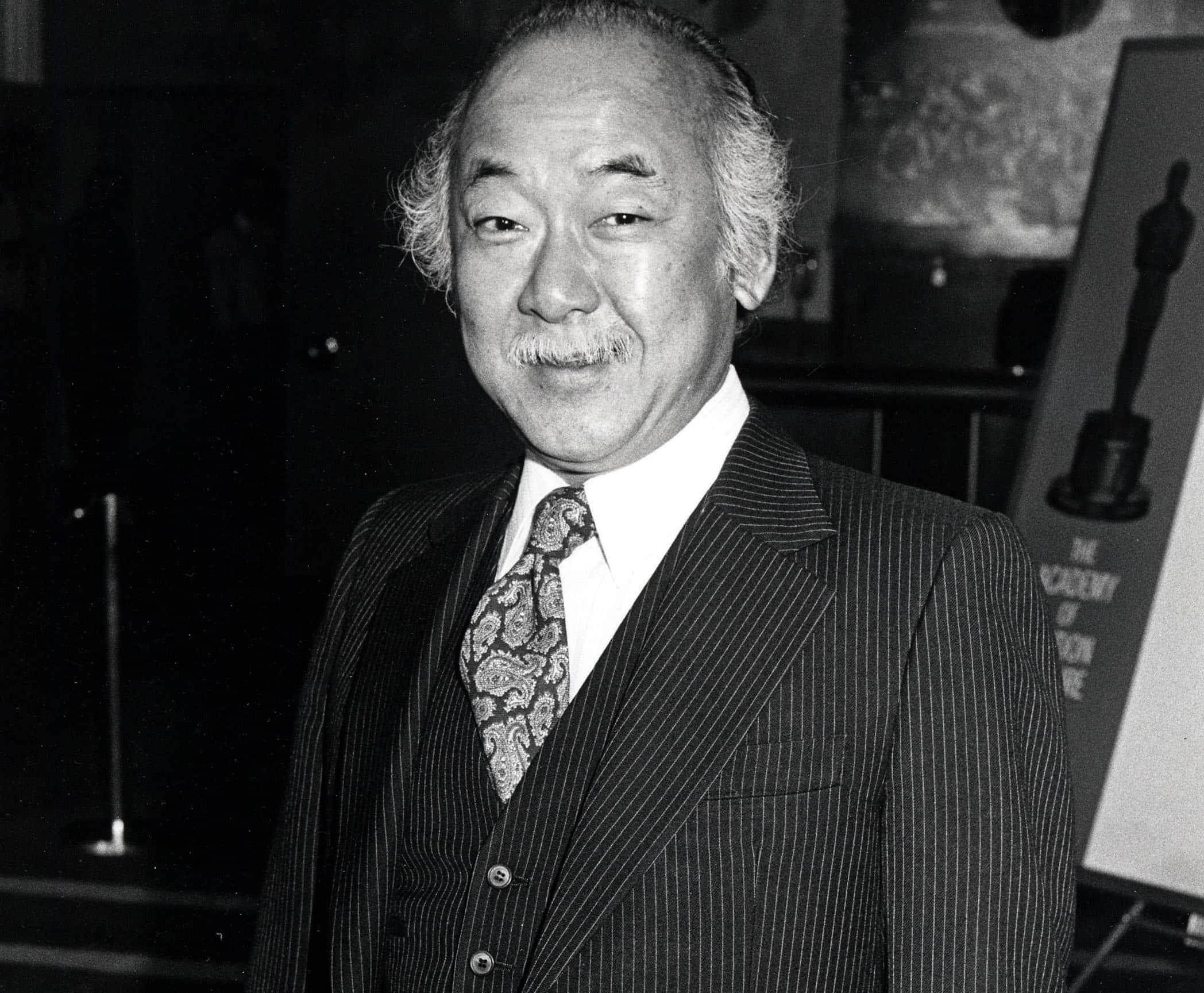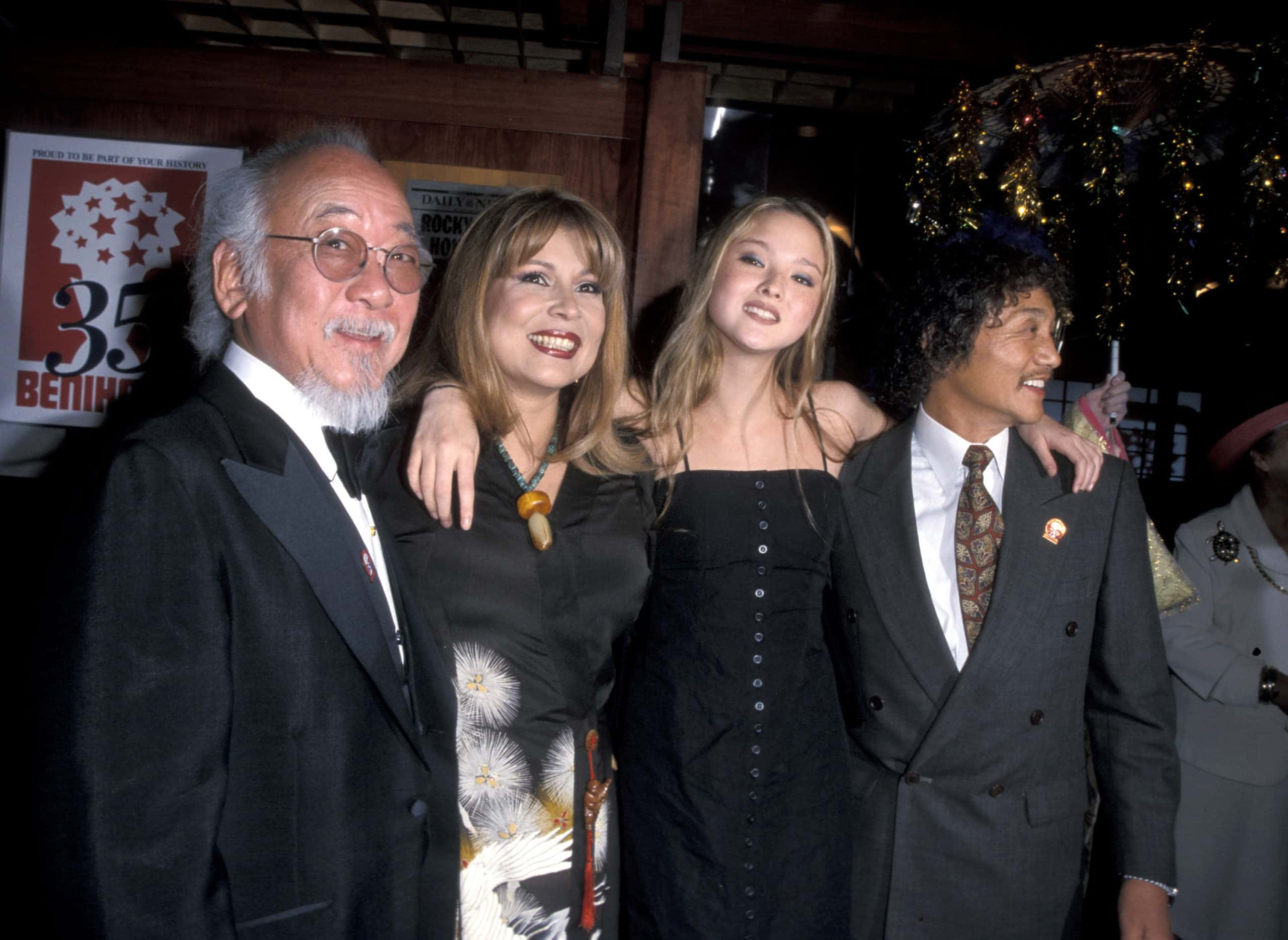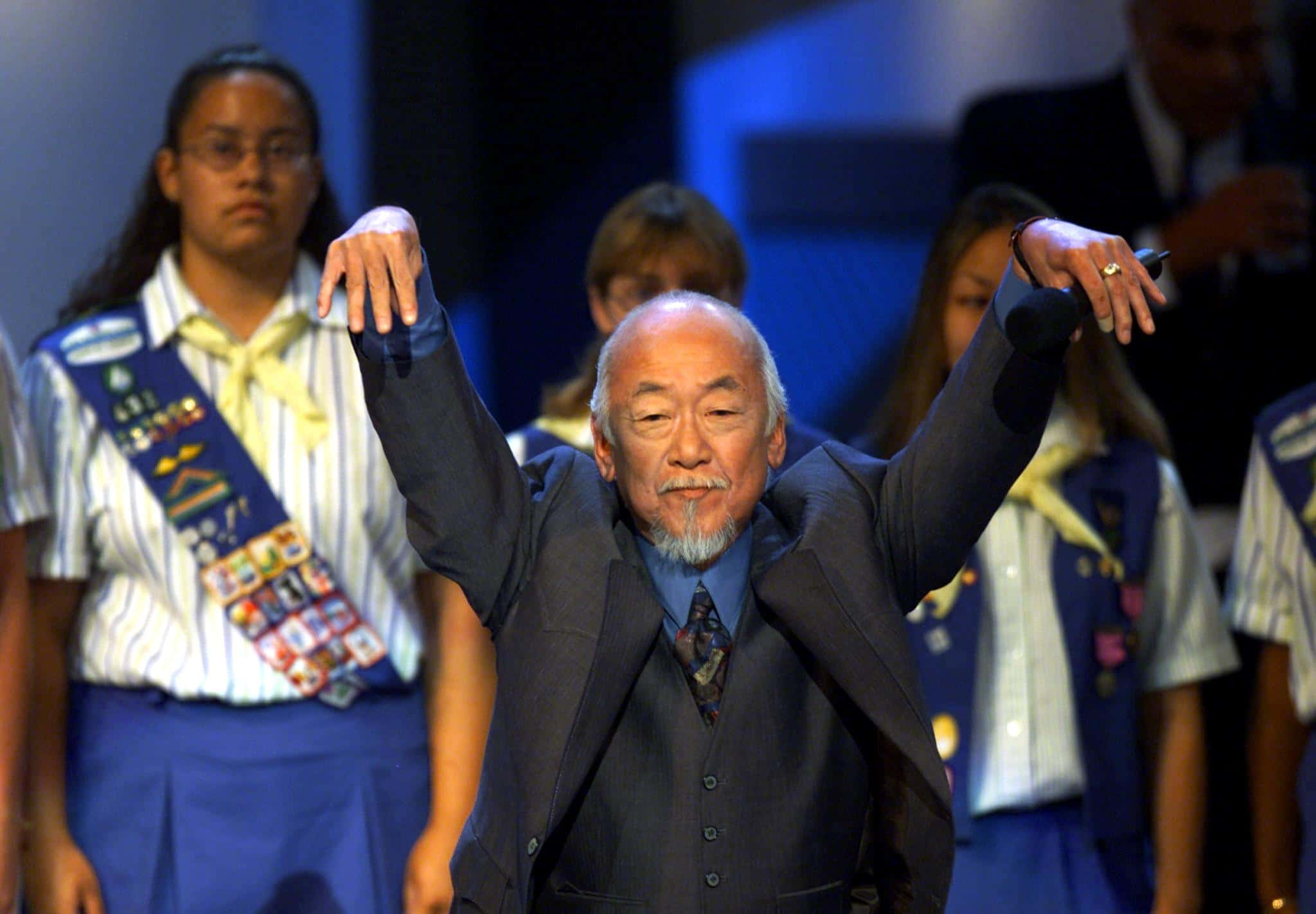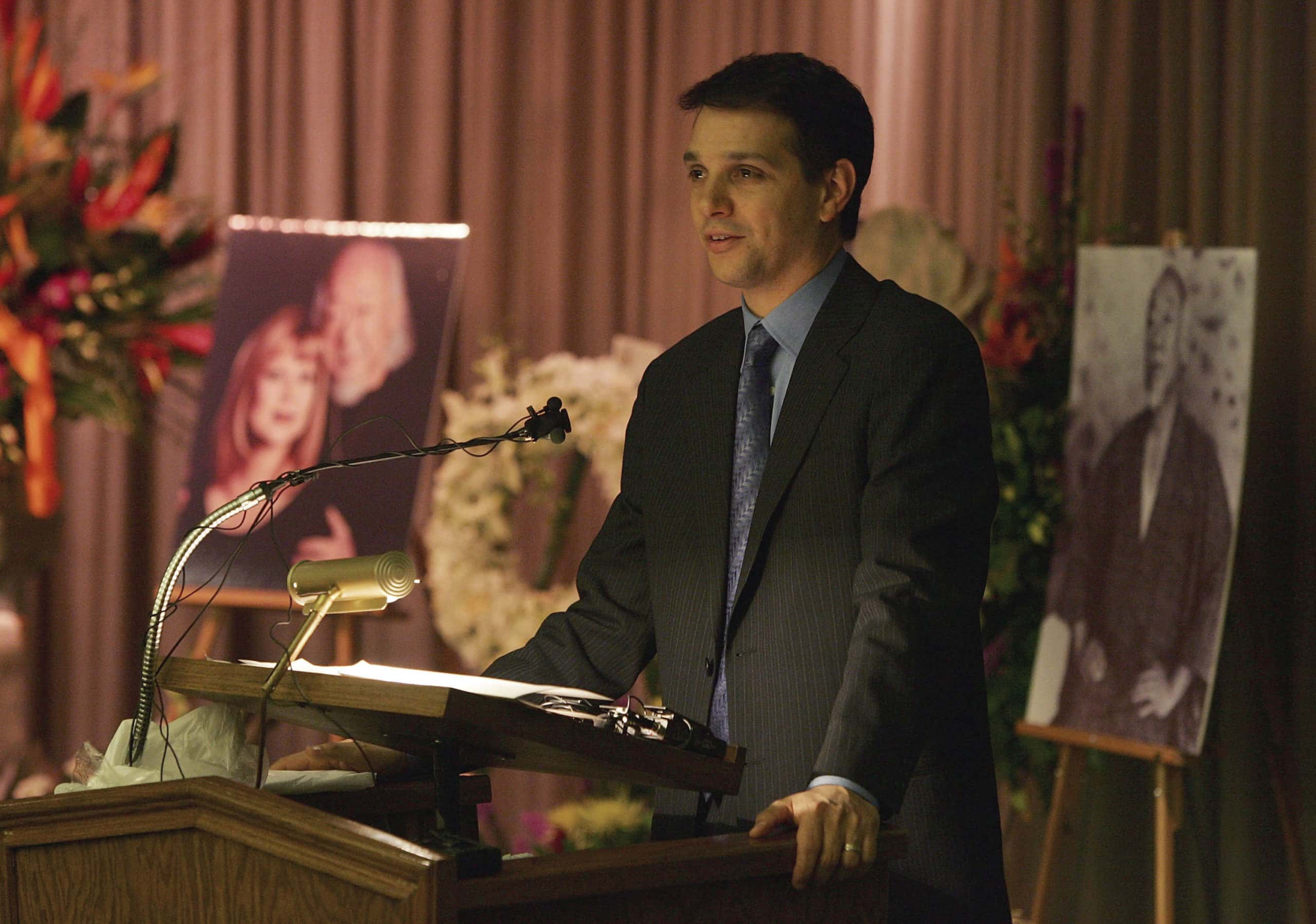Noriyuki “Pat” Morita, best known for his role as “Mr. Miyagi” in The Karate Kid, didn’t have it easy. He went from a tragic childhood to a tough time in Hollywood and finally, to a heartbreaking end. But through it all, Morita didn’t take anything lying down—he challenged stereotypes and became one of the only Oscar nominated actors of Asian American descent. Wax on and wax off to these wise facts about Pat Morita.
Pat Morita Facts
1. He Grew Up With Nothing
The son of Japanese immigrant fruit farmers, Morita grew up with very little. He, along with his family, travelled from farm to farm in California, picking up work wherever they could. They lived in small houses that were often dirty and infested with vermin, making illness and infections rampant. It was amidst these dire conditions that Morita’s life changed forever.
2. He Almost Lost His Life
At two years old, a young Morita was playing with his favorite toy when he fell and bruised his lumbar. This wouldn’t be much of an issue today, but in the unsanitary conditions that Morita was living in, infection quickly set in—he contracted spinal tuberculosis, a dreaded disease. For days, the young boy battled fever and pain, drifting in and out of consciousness—if not for what happened next, he may have lost his life.
 More Than Miyagi: The Pat Morita Story, Love Project Films
More Than Miyagi: The Pat Morita Story, Love Project Films
3. Doctors Terrified Him
Even though Morita was clearly very sick, he and his family refused to see a doctor. Suspicious and scared of doctors, they couldn’t afford to see one even if they wanted to go. But soon, they had no choice. After watching Morita suffer for days, the owners of the ranch finally ordered the Moritas to take their son to a nearby charitable hospital. When doctors examined him, the diagnosis was tragic.
4. He Would Never Walk Again
According to doctors at the Weimar Institute, Morita was not going to make it and even if he somehow did, he would never walk again. With their hands tied, all Morita’s parents could do was pray for a miracle. Somehow, they got one. Morita's case caught the attention of health officials at a cutting-edge hospital in San Francisco. They moved the boy to their facility, performed experimental surgery, and treated him with the newly discovered wonder drug, penicillin—but even that wasn’t the end of Morita's time at the hospital.
5. He Had A Hard Childhood
Morita spent most of his childhood at the hospital. The illness left him completely bedridden, and he spent the majority of his life—from ages two to 11—in a full body cast. Unable to move without aid, the poor boy spent most of his time in bed, with little to occupy himself with, besides from having the odd conversation with the people in the hospital. He did meet one person at the hospital, however, who changed his life.
 More Than Miyagi: The Pat Morita Story, Love Project Films
More Than Miyagi: The Pat Morita Story, Love Project Films
6. He Got His New Name
Being the only non-religious, Japanese kid in the entire hospital meant Morita often felt lonely. It was during this time that a visiting priest named Father O’Connor took to Morita and tried to lift his spirits. One day, he jokingly told Morita that if he managed to convert him, he would rename Morita to “Patrick Aloysius Ignatius Xavier Noriyuki Morita.” It was quite the mouthful, so Morita shortened it—to just “Pat.”
 More Than Miyagi: The Pat Morita Story, Love Project Films
More Than Miyagi: The Pat Morita Story, Love Project Films
7. He Beat The Odds
As Morita’s body began to heal, he slowly started to move without help. At age nine, Morita began learning how to walk again. It was a long, painful, and frustrating process, but Morita clearly wasn’t the type to let an illness hold him back. In the end, Morita persevered and, against all odds, eventually began walking normally again. At age 11, the hospital discharged him—right into the hands of the FBI.
8. He Became A Public Enemy
In the midst of the 1940s, the fear of the Japanese living on American soil gripped the country. In response, the government set up internment camps as a way to keep the Japanese away from the rest of society. Morita and his parents were no exception to these cruel policies—they had to give up all their belongings and relocate to the Gila River internment camp. And as if this wasn’t enough, more heartbreak soon followed.
 More Than Miyagi: The Pat Morita Story, Love Project Films
More Than Miyagi: The Pat Morita Story, Love Project Films
9. His Parents Became Strangers
Morita spent the first four days after rejoining his parents in tears. After practically growing up in the hospital, he missed the facility terribly. Leaving the nurses and other patients had left “a big hole in [his] heart,” that his parents couldn’t quite fill. Even worse, Morita lost his fluency in Japanese, and couldn’t communicate with them anymore. It was years before Morita saw his parents as “family” again.
 More Than Miyagi: The Pat Morita Story, Love Project Films
More Than Miyagi: The Pat Morita Story, Love Project Films

History's most fascinating stories and darkest secrets, delivered to your inbox daily.
10. School Bored Him
After the government released Morita's family from the internment camp, Morita attended high school in Fairfield, California. Morita didn’t exactly take to schooling—he would much rather goof off. But after his English teacher told him he had potential, Morita got to work and even got a college scholarship. However, Morita wouldn't be able to attend school—thanks to a dark family secret that had just come to light.
11. His Father Dashed His Dreams
Two weeks before an eager Morita was supposed to leave for college, his mother came to him in tears. She revealed, “Papa [doesn’t] know how to tell you [this], but you can’t go to college.” His father had borrowed a large sum of money to open a Chinese restaurant, and it needed the entire family pitching in to keep it running. Just like that, his college dreams shattered. Resigned to his fate, Morita stayed with his family… and his troublemaking ways started again.
12. He Had A Double Life
Morita spent his first year at the restaurant learning the business while reluctantly attending a local community college. During his second year, however, Morita discovered something much more exciting—pool halls, and the money that players earned from it. Soon, Morita started blowing off school to gamble and eventually earned decent money from his games.
With cash burning a hole in Morita's pocket, he used it to do the obvious: Impress girls. Well, one girl in particular...
13. He Married Young
At the young age of 20, Morita fell madly in love with Kathleen Yamachi and quickly upgraded her from girlfriend to brde. At the time, she was a scandalous six years older than her boyfriend, while Morita was so young that his father had to sign the paperwork that legalised the marriage! Though they were a bit of an odd match, the two soon had a daughter together.
With a new baby and wife to support, Morita worked hard to run the family restaurant, but it wasn’t enough. He needed to do more. And he did.
14. He Almost Lost His Job
By some miracle, Morita landed himself a job with the computer operations department at Aerojet General. Lacking a background in math, Morita barely got through his work. Only his kind supervisor, who came in early to help Morita, kept him from failure. After a few years, Morita was overseeing the development of enormous missile projects. He had come a long way—and yet, he was unhappy.
15. He Burned Out
At the age of 27, Morita was financially stable and respected in his career—but he was deeply unhappy. Overweight and balding, Morita took a hard look at his life and realized he couldn’t bring himself to stay on the path he was on forever. It didn’t give him any joy. So he asked himself, “If God gave you one wish… what would it be?” The answer he came up with that surprised everyone—even himself.
16. He Went Into Show Biz
After some soul-searching, Morita realized that what he wanted to do, more than anything else in the world, was go into show biz. He lacked many talents to make it in show biz, but he had a gift for the gab—which, he figured, gave him a shot at being a comedian. So he gave himself five years to make his dreams come true—and he started by telling some bold-faced lies to get his foot in the door.
17. He Lied To Get Shows
With no real experience as a stand up comedian, Morita knew that clubs wouldn’t just hand him a slot in their evening line-ups, so… he straight-up lied about his experience. He told club owners he was a seasoned comedian from Sacramento, and made up the names of the clubs that he “performed” at. Luckily for him, no one could easily fact-check him on the internet yet! But this was just the beginning when it came to Morita fudging the truth.
18. He “Borrowed” His Jokes
Without much material to work with, Morita, shall we say, "recycled" his jokes from places like Reader’s Digest and even other comedians. Morita wasn’t too bothered by this, saying, “All comics ‘steal’ from each other… In essence, we talk about the same idiosyncrasies of life.” His jokes did eventually evolve into his own style, culminating into the most scandalous punchline of his career.
19. He Got A Nasty Surprise
By this time, Morita got gigs semi-regularly, and was happily waiting for his turn on stage when he nearly gave a passing waitress a heart attack. Wide-eyed, she asked him if he knew who he was performing for that evening. Morita didn’t have a clue. It turned out that the audience had all survived Pearl Harbor… And they weren’t too fond of the Japanese.
20. He Was Politically Incorrect
It was too late for him to back out, but he was no stranger to discrimination. Morita walked on stage, turned on all the charm he could muster, faced the audience, and opened his act with, “Before I begin, I just want to say I’m sorry about messing up your harbor.” There was a beat of silence from the crowd, before they erupted into laughter. His brand of politically incorrect humor got him more shows after that. His career was flourishing, but his personal life was a complete disaster.
21. He Lost His Family
Morita took to his stand up career in earnest. His job at Aerojet General, his wife, and his daughter, started feeling like a distant afterthought. The marriage quietly fell apart. Eventually, Morita stopped remembering his first wife’s name and rarely mentioned her ever again, despite the marriage lasting 14 years. He moved forward with his career, and in the most extreme sense, he never looked back.
22. He Met His Mentor
By 1964, Morita got all he could out of the San Francisco stand up scene and decided to try his luck in Los Angeles. He soon met Sally Marr, who managed several comedians, and the two hit it off. One day, while they were in discussing his career, Marr suddenly went still. Tears started rolling down her face as she said, “One day, you’re not gonna be a comic anymore. You’re gonna be a fine actor. I don’t know how you get there, but I just saw it.” Spooked, Morita laughed off her prophecy— but he had no idea it was about to come true.
23. She Was His Advocate
Determined to bring out Morita’s full potential, Marr knew just the person to bring him to. One day, with no warning, she dragged a very bewildered Morita to meet a producer friend of hers. It turned out to be Nick Varnoff, the producer of The Hollywood Palace, a national variety show. Marr was determined to get Morita on that show—and she'd do anything to get her way.
24. She Fought For Him
Marr dragged Morita to Varnoff's office, where they blew past a confused secretary, interrupted a writers’ meeting, and busted down Varnoff's door. With Varnoff in her sights, Marr excitedly introduced Morita—kicking off the most important (and strangest) meeting of Morita's life. Varnoff asked Morita to perform the best of his stand up act and apparently, Morita did a great job. After a while, Varnoff cut him off—and declared that Morita would appear in four episodes. At 32 years old, Morita finally got his big break.
 The Hollywood Palace (1964–1970), ABC
The Hollywood Palace (1964–1970), ABC
25. He Met His New Love
In Morita's private life, things were looking up as well. Morita met his second wife, Yukiye Kitahara, through mutual friends. The two wed in 1970, and eventually had two daughters named Aly and Tia. As his career grew, the couple bought a four bedroom, ranch-style home in Tarzana. This was a happy time for Morita—but sadly, the good days wouldn't last.
26. Stereotypes Didn’t Bother Him
Morita soon got his chance to act in the movie, Thoroughly Modern Millie. The role he played wasn’t exactly groundbreaking—he portrayed "Oriental 2" which, if you couldn't guess from the name, was a stereotypical Chinese henchman, with his hair even done up in a queue. Morita's reaction to this part, however, was surprising. He was ecstatic to receive the role. But he wouldn't always feel so grateful.
 Thoroughly Modern Millie (1967), Universal Pictures
Thoroughly Modern Millie (1967), Universal Pictures
27. He Got On TV
Morita got his big break when he was cast into the role of Matsuo “Arnold” Takahashi on the popular sitcom, Happy Days. Ecstatic, Morita met the cast and crew, making many close friends with his colleagues along the way. The third season's director took a liking to Morita and the “Arnold” character, and was excited to start shooting Morita’s scenes…until he had to ask Morita to make a huge change.
28. He Faked His Accent
Right before Morita shot his first scene, the exasperated director walked up to Morita, practically pulling his hair out. Morita knew something serious was up. After the director mumbled for a few minutes, a passing crew member bluntly told Morita to “pick an accent.” They wanted Morita to play Arnold with a stereotypical Chinese accent—and Morita did it without batting an eye. Morita didn’t think the accent would be a problem—he was wrong.
29. He Was Too Japanese
As ratings for Happy Days climbed, the show came under harsh scrutiny for its only Chinese character. Industry standards, by this time, dictated that persons of color should only be portrayed by people of the same ethnic background—which meant that the very Japanese Morita could no longer play the very Chinese Arnold. Morita was about to lose his job, so he had to think fast.
30. He Saved His Job
A member of the Hollywood industry standards board went to break the news to Morita. Thinking fast, Morita told the man that Arnold’s last name was actually “Takahashi,” a traditional Japanese surname. As for the Chinese accent? Well, Arnold had a Chinese mother, Morita explained, and she taught him to speak English. Unbelievably, the board member bought the story. That was one problem dealt with… But another one soon popped up.
31. He Lost His Home
In February 1980, it rained in Los Angeles for 48 consecutive hours, which started a mudslide that hit the street of Morita’s home. The mudslide ended up burying his house in 23,000 cubic feet of mud, and his family lost absolutely everything. Worse still, he had no insurance, and the house had to be rebuilt completely from the ground up. Morita’s luck started to spiral downwards from here.
32. His Life Spiralled
The misfortunes came at Morita rapidly after he lost his home. His time with Happy Days ended. Several of the other shows he joined were short-lived or failed due to low ratings. His mother-in-law, who was the head of the family, lost her battle with cancer. His own daughter, Tia, developed a kidney disorder. Then, the final blow landed.
33. His Marriage Didn’t Survive
All these tragedies and Morita's dwindling career took their toll on his marriage. After feeling dissatisfied for years, Morita eventually left his wife in 1979. He and Kitahara had been together for almost twenty years. Depressed and struggled, Morita moved to Hawaii, hoping it would lift his spirits. It didn't. He languished there for years.
34. He Picked Up The Pieces
For a while, Morita worked random jobs at Hawaii, shooting the odd car commercial or taking the occasional night time gig. Soon, he got a call to return to Hollywood—Happy Days needed him back on set to play Arnold again. He returned, but the job never materialized. He still signed on with an agent in the hopes that something might come up. At last, after years of toil, stardom was finally just around the corner.
35. He Got Another Chance
Morita was just about to return to Hawaii to wait for more jobs, when his agent gave him the unfinished script of an upcoming movie. Morita read through the script and absolutely loved the part his agent wanted him to consider, which was for a character named “Mr. Miyagi,” a Japanese karate master that fought with “compassion and understanding and knowledge.” The name of the movie, of course, was The Karate Kid.
 The Karate Kid (1984), Columbia Pictures
The Karate Kid (1984), Columbia Pictures
36. He Was Rejected
Morita wanted to try for the part of Mr. Miyagi, but the producer, Jerry Weintraub, flat-out refused to see him. While he respected Morita’s comedic talents, he wanted a “real actor” to play Mr. Miyagi. The director, John Avildsen, dutifully ignored the producer's demand—he just wanted the role filled by anyone who could prove themselves. After Morita auditioned, the director loved him. But not everyone would be so easy to convince.
37. He Had The Looks
During pre-production, Weintraub was still reluctant to cast Morita. So Avildsen came up with an ingenious plan. He showed the producer a photo of an actor that he thought was perfect for the Mr. Miyagi role. Not recognizing the headshot of Morita, who had grown out his hair and beard, Weintraub exclaimed, “That looks like a Miyagi! Who is that actor?” Smugly, Avildsen replied, “That’s the Pat Morita you refused to let read for this part!”
Outraged, Weintraub demanded that Morita prove himself again… and again… and again…
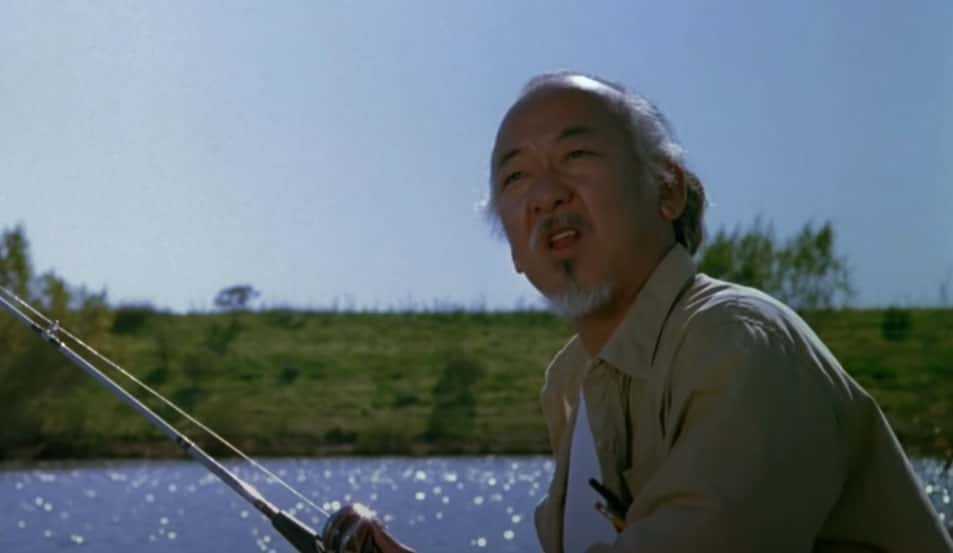 The Karate Kid (1984), Columbia Pictures
The Karate Kid (1984), Columbia Pictures
38. He Auditioned Five Times
Weintraub first asked Morita to read again for him. Then, he had to read across from Ralph Macchio, the movie’s lead. After that, the two read while in costume. When that succeeded, Weintraub had them read for the studio heads, who loved him. Lastly, Weintraub had them act out a scene in front of the cameras. Morita proved himself worthy of the role each time. Finally, Weintraub, admitting defeat, offered Morita the Mr. Miyagi role himself.
 The Karate Kid (1984), Columbia Pictures
The Karate Kid (1984), Columbia Pictures
39. He Became A Star
The Karate Kid received universal critical acclaim, was a commercial success, launched a media franchise, and popularised karate in the United States. Morita made millions from its sequels and his character became a household name, cementing the role of the wise but eccentric martial arts master in popular media. For Morita, the role validated his talent—he was not just a comedian. He was an actor.
 The Karate Kid (1984), Columbia Pictures
The Karate Kid (1984), Columbia Pictures
40. The Academy Honored Him
Morita's sensitive portrayal of Mr. Miyagi landed him an Oscar nomination, making Morita one of very few Asian American actors to receive such an honor. Many believe that the Academy nominated him because of one heartbreaking scene: The sequence where a drunken Miyagi weeps over his family's dark experiences in internment camps. As we know, Morita had first-hand experience with the camps and knew how it felt to be persecuted.
41. His Childhood Was Tragic
While Pat Morita didn't discuss his time in the Manzanar internment camp very often, when he did broach the subject, he made it count. Once, he recalled his time in the camps by simply saying, "I didn't have a childhood." With those kinds of memories, it's no wonder Morita brought so much emotion to Miyagi's heartbreaking scene.
In fact, his performance was so powerful that, even though executives wanted to cut the scene for slowing down the film, the director just couldn't bear to leave it behind. Good call.
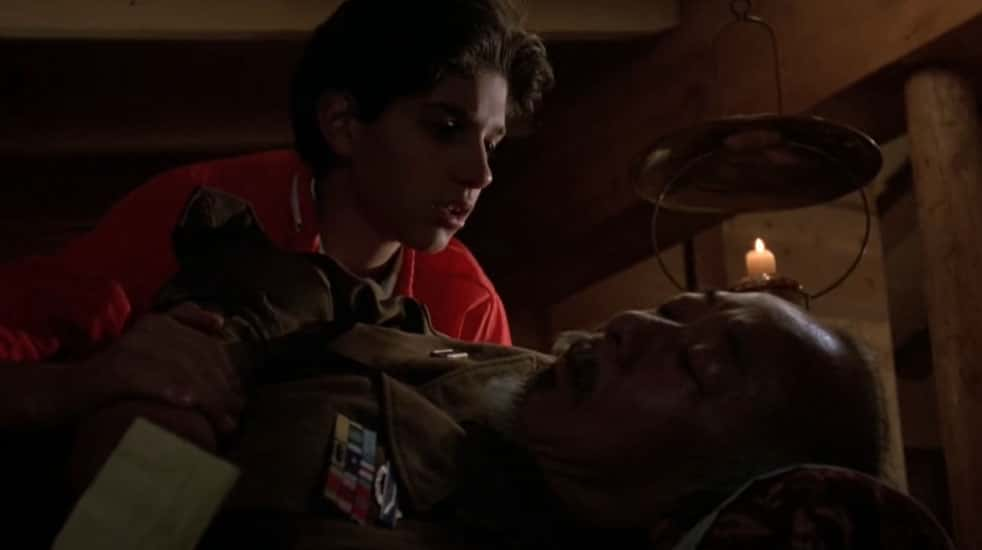 The Karate Kid (1984), Columbia Pictures
The Karate Kid (1984), Columbia Pictures
42. His Career Lagged
Looking back, The Karate Kid would be the apex of Morita's career. After the movie's release, he struggled to find good roles in Hollywood and became frustrated and saddened by how producers would disqualify him for parts based solely on his race. He appeared in multiple sequels to The Karate Kid and acted in smaller roles in plenty of projects. But still, nothing compared to his star-making turn.
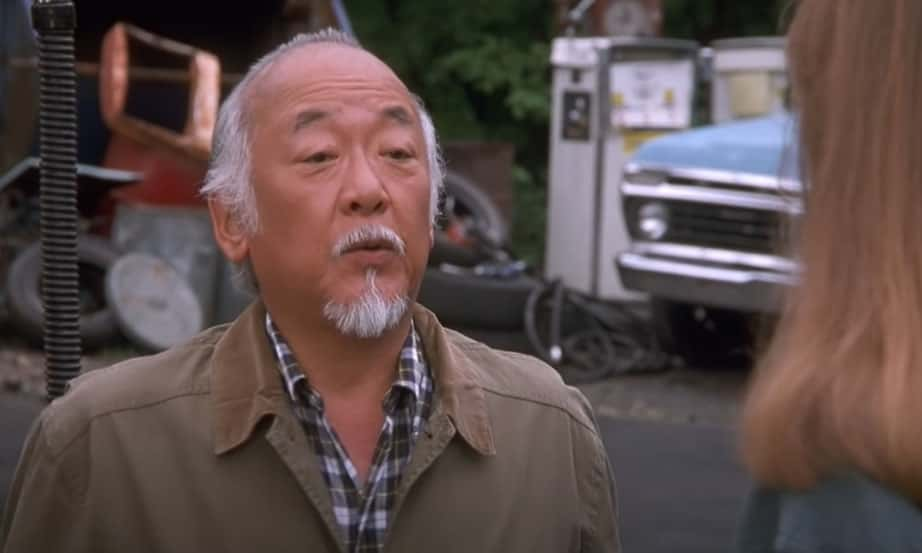 The Next Karate Kid (1994),Columbia Pictures
The Next Karate Kid (1994),Columbia Pictures
43. He Married For The Third Time
Even though Morita's career was lagging in the early 1990s, his personal life was going well. When he was 62 years old, Morita married his third wife, the actress and model Evelyn Guerrero. She was 17 years younger than her new husband, and that wasn't the only scandalous thing about their romance. Their "meet cute" story was downright bizarre.
44. He Met His Wife In A Strange Place
Morita and Guerrero actually met when Guerrero was just 15 years old. To make matters skeezier, the place they met was even more inappropriate. They first ran into each other at a strip club where Morita performed stand-up and Guerrero's mother danced. Thankfully, they only started seeing each other 30 years later after a chance run-in. But sadly, their romance didn't have a happy ending.
45. He Was The Emperor For A Day
After The Karate Kid, Pat Morita did get another beloved movie role, even if far fewer people realize it. He lent his voice to Disney's Mulan, portraying the saucy, generous Emperor. 80s kids already loved Morita, now 90s kids got to join the party! Unfortunately, though, this role was the exception, not the rule. Most of Morita's post-Karate Kid work wasn't up to snuff.
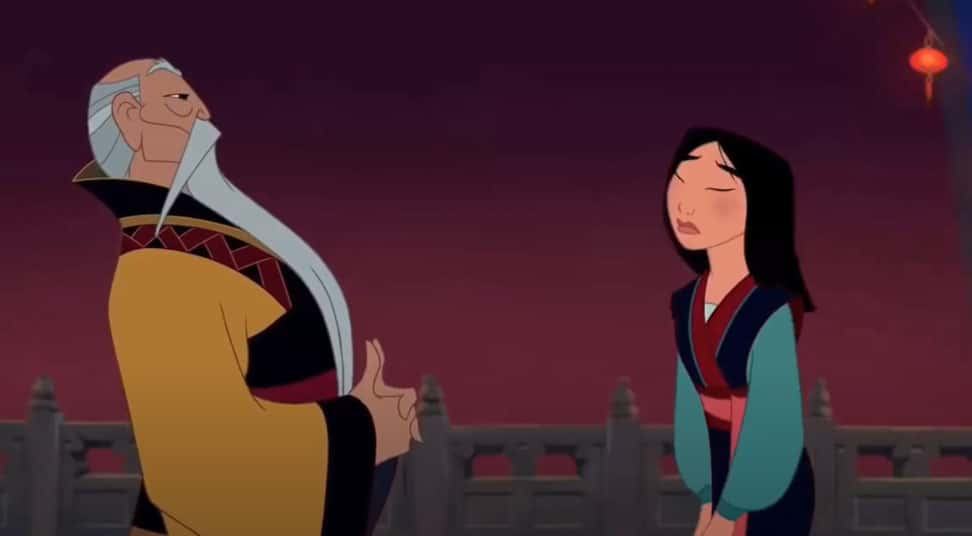 Mulan (1998), Walt Disney Animation Studios
Mulan (1998), Walt Disney Animation Studios
46. He Relapsed
Throughout his entire life, Morita struggled with alcoholism. As his career stalled, he began to drink more and more, even beginning his day by mixing vodka into his coffee. By 2004, Morita had hit rock bottom. After a devastating relapse, his wife Evelyn made the difficult choice to place Morita in a rehabilitation facility. And that wasn't all.
47. Doctors Warned Him
At this time, the bad news just kept coming. Guerrero simply couldn't bear Morita's addiction issues and, after years of hard times, finally left her husband. Meanwhile, at the facility, doctors issued Morita with a dire warning. He had two choices: He could drink, or he could live. He couldn't do both. Sadly, Morita couldn't overcome his demons. He passed in 2005.
48. He Breathed His Last
When Morita's death first became known, the cause of his demise was unclear. Some said he passed of natural causes, others said a gallbladder infection caused his kidney to fail. His daughter claimed he perished of heart failure. However, the dark truth soon came out: Morita's alcoholism had finally defeated him. As he himself said at the hospital, "I tried, I can't do it, I'm an addict."
49. He Knew It Was Time
When Morita passed, he was 73 years old. He should have had more years ahead of him, but he greeted his fate with stoic calm. His estranged wife was there at the hospital with Morita and she later said that the night before passed, he told her "You have to let me go. I gotta go home now. I gotta be with Redd Foxx [a comedian and Morita's old friend] and all those funny guys up there in the sky.”
50. He Received A Fitting Farewell
At Pat Morita's funeral, his most iconic screen partner, Ralph Macchio, paid him a heartbreaking tribute. The actor reportedly bade Morita farewell by saying "Forever, my Sensei." I'm not crying, you're crying.

